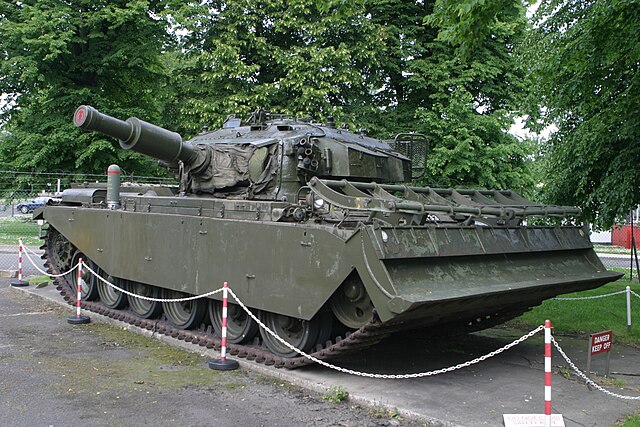The Claudy bombing occurred on 31 July 1972, when three car bombs exploded mid-morning, two on Main Street and one on Church Street in Claudy in County Londonderry, Northern Ireland. The attack killed nine civilians, injured thirty and became known as "Bloody Monday". Those who planted the bombs had attempted to send a warning before the explosions took place. The warning was delayed, however, because the telephones were out of order due to an earlier bomb attack. The Provisional Irish Republican Army (IRA) issued an immediate denial of responsibility, and later stated that "an internal court of inquiry" had found that its local unit did not carry out the attack. On the thirtieth anniversary of the bombing, there was a review of the case and in December 2002 it was revealed that the IRA had been responsible for the bomb explosions.
Memorial plaque in Claudy
A 2004 loyalist mural on Lower Newtownards Road in Belfast making reference to the bombing. It shows a priest wearing a balaclava and holding a bomb and rosary beads.
Claudy bombing memorial statue by Elizabeth McLaughlin
Operation Motorman was a large operation carried out by the British Army in Northern Ireland during the Troubles. The operation took place in the early hours of 31 July 1972 with the aim of retaking the "no-go areas" that had been established in Belfast and other urban centres. In Derry, Operation Carcan, initially proposed as a separate operation, was executed as part of Motorman.
HMS Fearless landed troops and tanks at Derry
A Centurion AVRE, as used by the Army in Operation Motorman (Exhibit at the Royal Engineers Museum, Kent)





